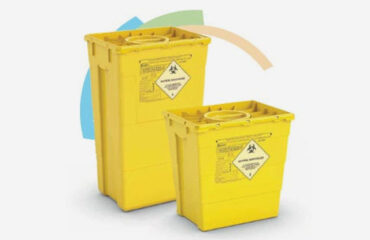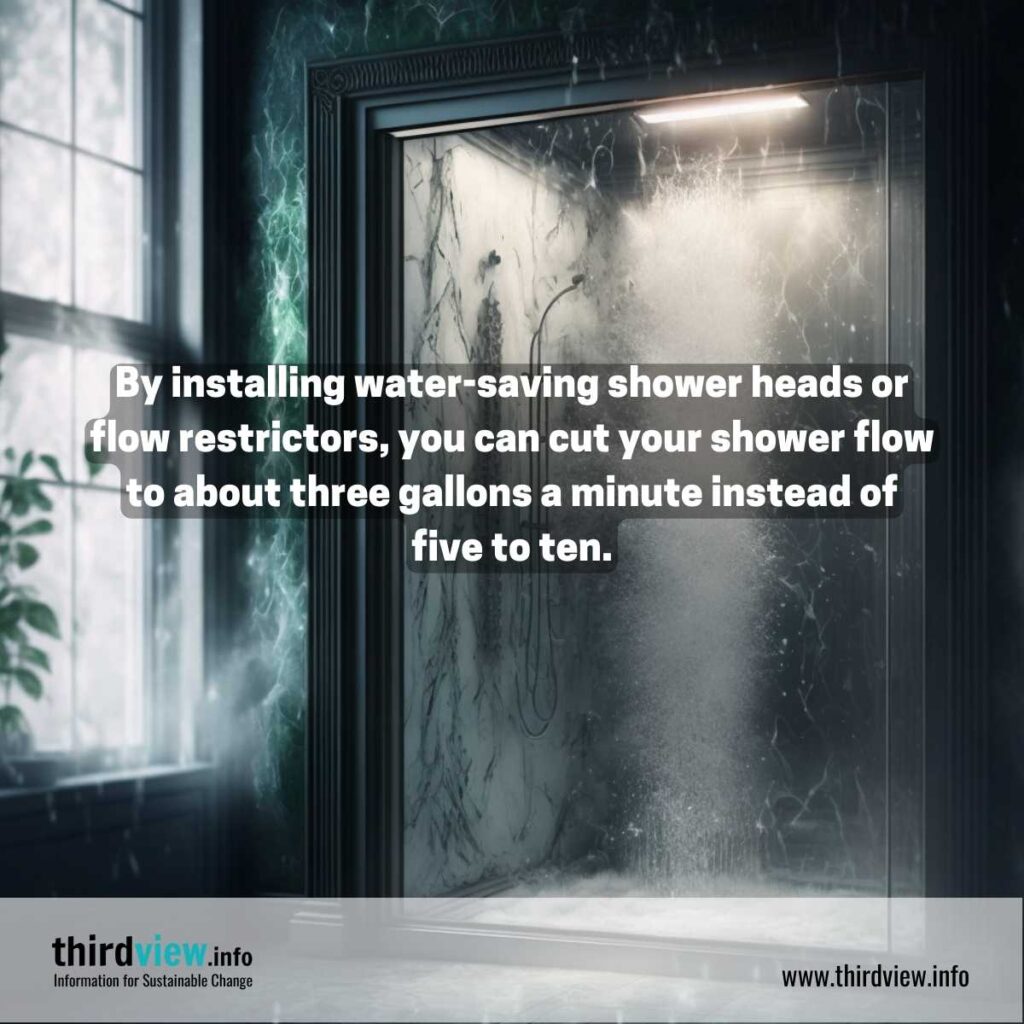About Reclaim Waste
About Reclaim Waste
Blog Article
Excitement About Reclaim Waste
Table of ContentsWhat Does Reclaim Waste Do?Everything about Reclaim WasteFascination About Reclaim WasteLittle Known Facts About Reclaim Waste.Reclaim Waste for Dummies
Explore the types, events, and forms of liquid waste. Residential sewage waste describes the waste and items from a residential septic tank. This kind of waste is created by human beings in houses, colleges, and other structures. This only consists of sewage-disposal tanks that have a drainpipe field. The proper administration and disposal of residential sewage waste need fluid waste to be moved to a sewage treatment plant where the proper techniques and equipment are related to detoxify and deal with waste.
Industrial waste typically consists of potential risks, such as combustible products or a blend of fluid and solid waste items, and needs an extra advanced and thorough disposal process. The disposal of industrial waste generally involves the filtration of waste before transportation to guarantee secure and correct disposal. Hazardous waste is developed from by-products and overflow of commercial procedures and manufacturing.
This type of waste can not use the same sewer monitoring transport or procedures as septic or commercial liquids. The hazardous waste monitoring process needs the evaluation and testing of fluid waste prior to it undergoes the disposal process (liquid waste removal). Runoff waste is the fluid waste that originates from runoff and excess stormwater in highly populated locations or cities
Runoff waste can create contamination and flooding if not taken care of correctly. Making certain appropriate waste management can protect against disasters and lower environmental harm.
Reclaim Waste - Truths
Call PROS Solutions today to find out about our waste management and disposal services and the appropriate means to look after the fluid waste you generate.
(https://www.awwwards.com/reclaimwaste1/)Do you understand what happens to your water when you draw the plug, purge the toilet or drain pipes the cleaning device? No? Well, it's worth recognizing. This supposed 'wastewater' is not just a vital resource however, after therapy, will be launched to our land, waterways or the ocean. Used water from toilets, showers, baths, kitchen area sinks, washings and industrial procedures is referred to as wastewater.

water utilized to cool down equipment or tidy plant and equipment). Stormwater, a form of wastewater, is runoff that moves from agricultural and city areas such as roofs, parks, yards, roadways, courses and rain gutters into stormwater drains, after rain. Stormwater flows unattended straight to regional creeks or rivers, eventually getting to the sea.
Getting My Reclaim Waste To Work
In Queensland, most wastewater is treated at sewer treatment plants. Wastewater is delivered from domestic or commercial websites through a system of sewers and pump terminals, referred to as sewerage reticulation, to a sewage treatment plant. Regional governments construct, preserve and operate most sewage treatment plants. Operators are certified under the Environmental Management Act 1994 to release treated wastewater at an appropriate environmental requirement into rivers.
The Division of Natural Resources encourages city governments regarding handling, operating and keeping sewerage systems and therapy plants. In unsewered areas, city governments might require householders to set up specific or house sewer treatment systems to treat residential wastewater from toilets, kitchens, shower rooms and washings. The Division of Natural Resources authorizes making use of home systems when they are confirmed to be effective.
Many stormwater receives no therapy. In some new neighborhoods, therapy of some stormwater to get rid of clutter, sand and gravel has actually started using gross contaminant catches. Wastewater treatment happens in four stages: Eliminates strong matter. Larger solids, such as plastics and other things mistakenly released to sewers, are eliminated when wastewater is gone through displays.
Makes use of tiny living organisms recognizes as micro-organisms to damage down and remove continuing to be liquified wastes and fine particles. Micro-organisms and wastes are incorporated in the sludge.
Everything about Reclaim Waste
Nutrient elimination is not offered at internet all sewer treatment plants because it calls for costly specialised devices. Clear fluid effluent produced after treatment might still have disease-causing micro-organisms - liquid waste removal.

This normally implies wastewater has to be dealt with or contaminants gotten rid of before it can be discharged to rivers. A lot of wastewater moves right into the sewerage system. Under the Act, local federal governments administer authorizations and permits for environmentally appropriate tasks (Ages) involving wastewater launches that could have a local influence. The department provides approvals and licences to ERAs including wastewater launches that might have a regional or statewide effect.
See This Report on Reclaim Waste
Or else, samples are considered lab evaluation. Typically lots of tests are needed to establish the levels of each of the different toxins such as oils, hefty steels and chemicals in water. Monitoring supplies accurate info concerning water top quality and can verify that licence problems are being fulfilled. The information acquired through surveillance offers the basis for making water quality choices.
Report this page